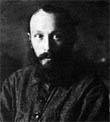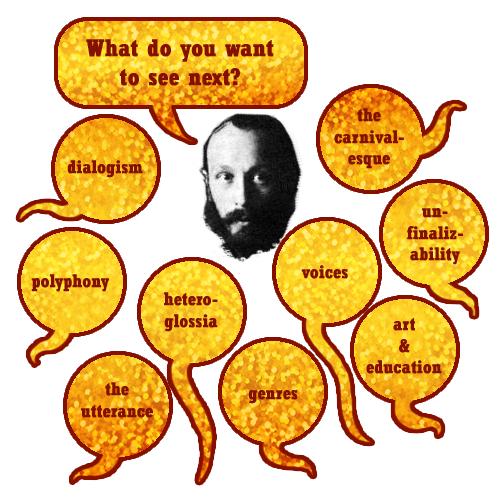




 "In order to understand, it is immensely important for the person who understands to be located outside the object of his or her creative understanding - in time, in space, in culture. For one cannot really see one’s own exterior and comprehend it as a whole, and no mirrors or photographs can help; our real exterior can be seen and understood only by other people, because they are located outside us in space and because they are others" (Bakhtin, 1976/1986)*.
"In order to understand, it is immensely important for the person who understands to be located outside the object of his or her creative understanding - in time, in space, in culture. For one cannot really see one’s own exterior and comprehend it as a whole, and no mirrors or photographs can help; our real exterior can be seen and understood only by other people, because they are located outside us in space and because they are others" (Bakhtin, 1976/1986)*.
Bakhtin, M. M. (1984). Problems of dostoevsky's poetics. (C. Emerson, Trans.). Minneapolis, MN: University of Minnesota Press. (Original work published in 1963).
Bakhtin, M. M. (1986). Speech genres and other late essays.. C. Emerson & M. Holquist, (Eds.). (V. W. McGee, Trans.). Austin, TX: University of Texas Press. (Original work published in 1976).